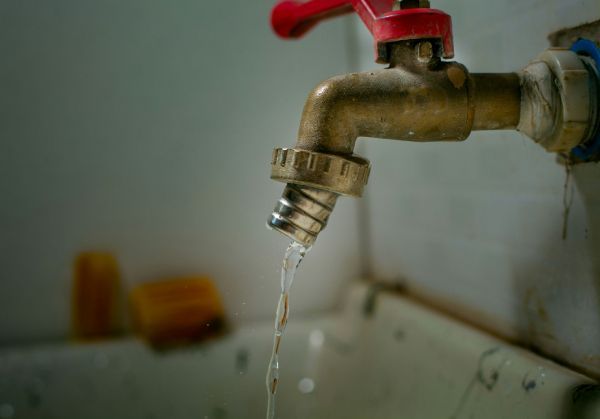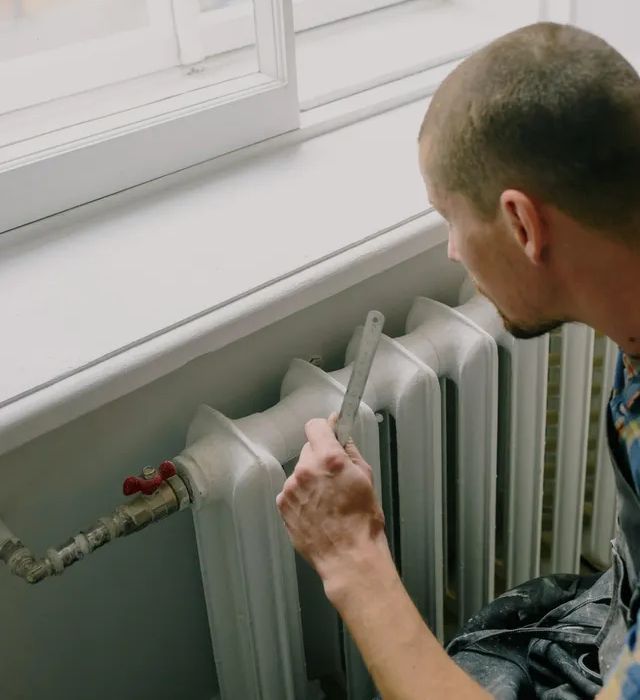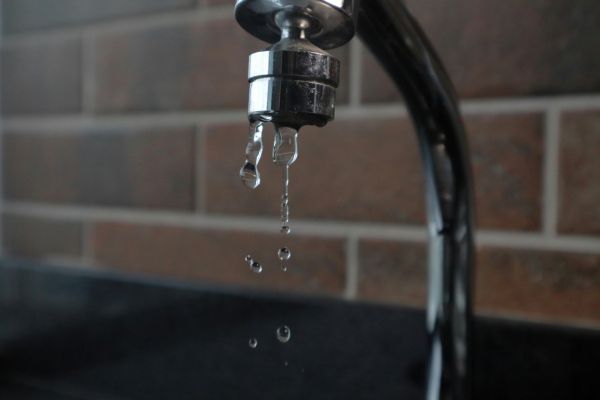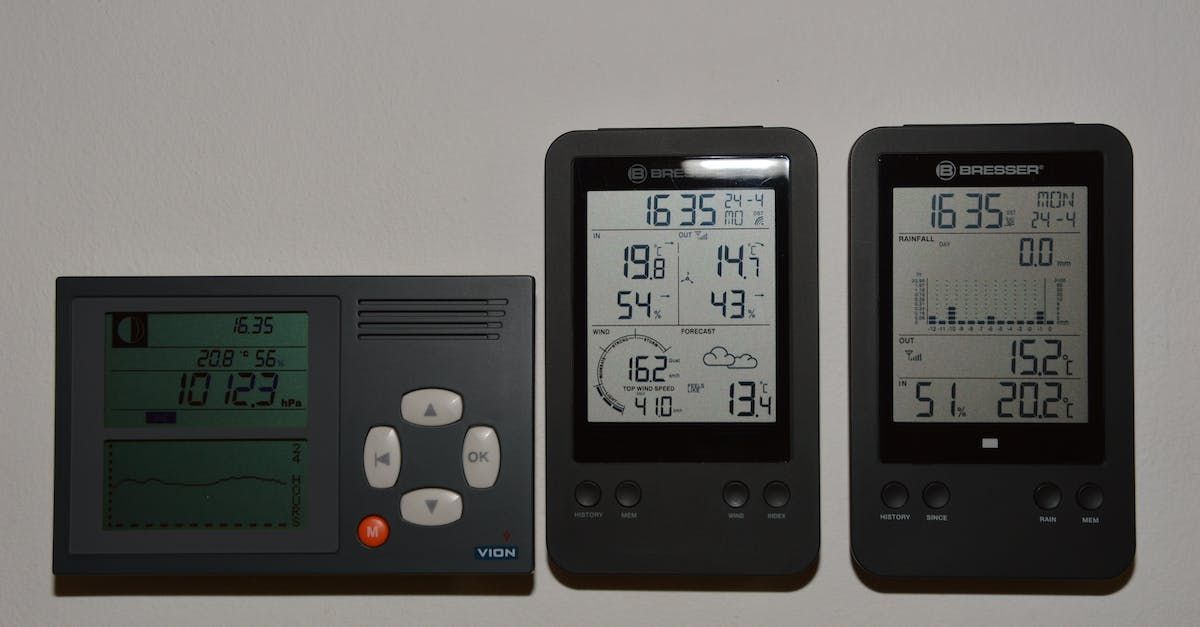Master Plumbers Blog
11 Helpful Tips in Winter-Proofing Your Home Plumbing
Dunedin is a great place to live, in large part due to its cool but comfortable weather, which seldom goes above a daily average of 20° C in the summer. In the winter, though, it can get a bit chilly for many people, with temperatures reaching as low as 4° C on average and plunging lower than that in some places. Needless to say, frozen and burst pipes are a constant menace for Dundenites during winter.
Fortunately, savvy local homeowners have come up with several strategies for winter-proofing their homes or, at least, mitigating the damage done to their plumbing. Here are a few:
1. Find Your Stop Tap
Knowing where your stop taps are can save you time in case of a plumbing emergency, regardless of the season. However, if you’re a renter like many Dundenites, you might not necessarily know where your stop taps are. These important plumbing components are usually located under your sinks, but they can sometimes be in other less obvious places, like a downstairs toilet or inside a kitchen cupboard.
Most stop taps require you to turn them clockwise to close, but this isn’t universal for all models. When you call
plumbers Dunedin homeowners trust for a pre-winter inspection, it's a good idea to ask them to show you the location of all your stop taps.

2. Insulate Your Pipes
Insulation isn’t a magic solution for frozen pipes, but it will buy you some time and prevent catastrophic bursts. Insulation works together with your heating system to slow down heat loss, so make sure to follow the next suggestion.
3. Keep Your Heating On Low When Going Out for Quick Trips
If the weather forecast predicts low temperatures, avoid shutting off your central heating completely when leaving your home for just a few hours. While shutting the heat off might save you a few pennies, you’ll need to spend significantly more should the water in your pipes freeze and burst.
4. Maintain Your Heating System
The majority of homes in Dunedin use electric heating, but a fair share have boilers installed. Regardless, it only takes a few hours of cold weather to freeze the water in your pipes, so heating system maintenance is a must. Set a calendar date before winter comes to give your heaters the upkeep they need.

5. Detach and Drain Your Garden Hose
Outdoor plumbing is prone to freezing and bursting because there’s usually nothing to slow down heat loss. Fortunately, you’ll probably have little need for your garden hose in the height of winter. So, disconnect the water flowing to your outside plumbing then remove your hose and drain it properly for storage.
6. Insulate Your Home
Apart from insulating your pipes, your home must also be properly insulated to keep your entire plumbing system warm. Take note that updating your home insulation can be very expensive and involved, so make sure to have qualified contractors to handle the job for you before winter comes along.
7. Let Your Taps Drip
If you’re worried about temperatures dipping close to freezing, you can consider leaving your taps open just a tiny bit to relieve pressure in the pipes caused by ice. Keeping your taps open can also get some movement going in the plumbing and prevent ice from forming in the first place.
8. Fix Leaks
Leaks don’t just waste water but can also accelerate heat loss, which results in faster freezing and blockages. Fortunately, some leaks can be fixed without the help of a plumber, particularly those caused by ageing washers in your taps. For leaks elsewhere in your home’s plumbing system, call a professional to avoid unintended damage.

9. Leave Your Kitchen Sink Cabinet Open
Leaving the cabinets right under your kitchen sink open can be especially important if your sink is located adjacent to an outside wall, as is the case with many detached homes. Temporarily remove the cabinet doors or simply leave them open to give heated air better access to your sink’s pipes.
10. Make Sure Your Thermostat Works
A malfunctioning thermostat may make your boiler or HVAC system run cooler than it should, possibly allowing your pipes to come dangerously close to the freezing point. This is probably an unlikely scenario; nevertheless, you will want a thermostat that works properly for comfort and energy conservation reasons as well.

11. Seal Door and Window Gaps
Keeping your home properly sealed keeps out drafts, helping your heating system work more efficiently and keeping your pipes warm. Fortunately, unlike home insulation jobs, sealing gaps is something you can probably do yourself. Inspect every door and window for drafts, and check your local hardware store for the appropriate weatherstripping materials.
Bonus Tip: Turn Your Water Supply Off If You’re Leaving for More than a Day
If you plan to leave your home unoccupied for more than a day, use your stop taps and drain your pipes by turning on the taps and letting them run dry. Flush your toilets a couple of times, too, just to be safe. If you have a neighbour whom you trust, give them a key and have them pop in every other day or so to check if everything’s fine in your home.
Winterise Your Plumbing Today
Hopefully, you won’t have to learn how to do these winter-proofing tips the hard way. Get in touch with plumbers Dunedin homeowners trust before winter comes around to evaluate your home’s plumbing and help make it ready for the cold weather.





